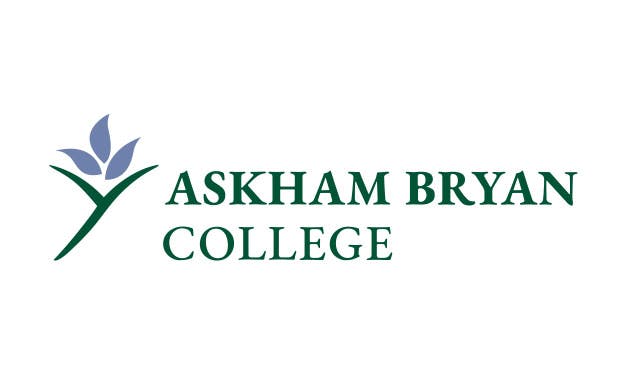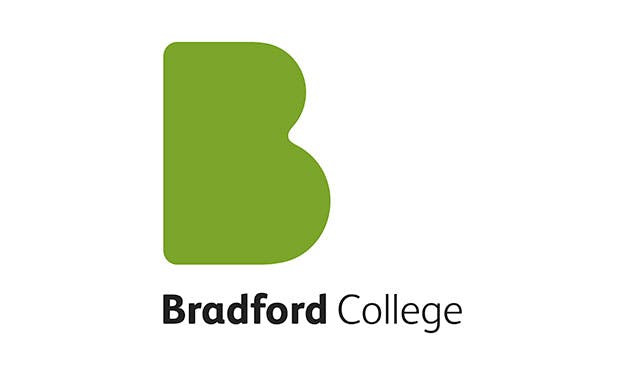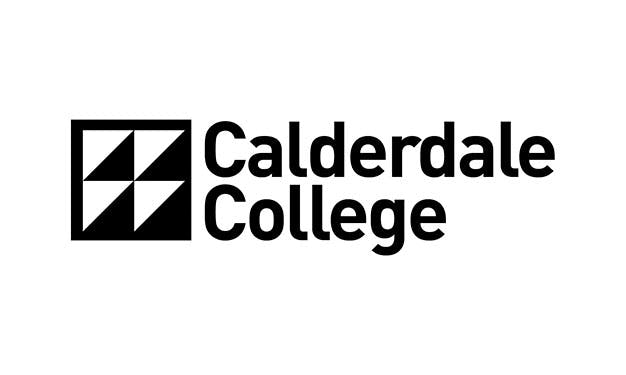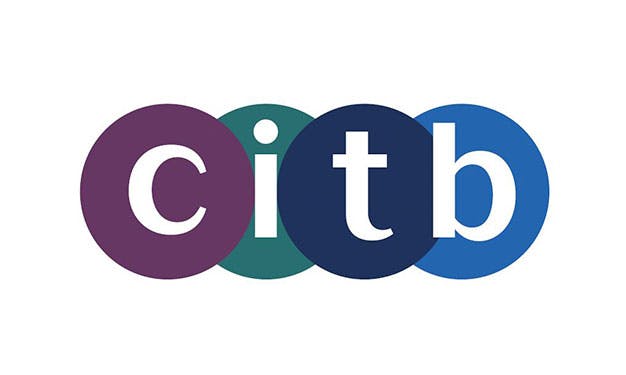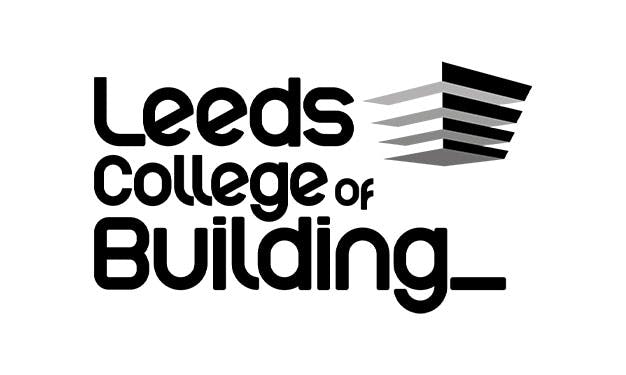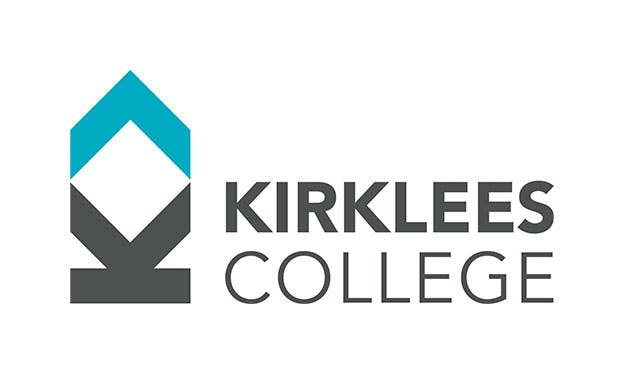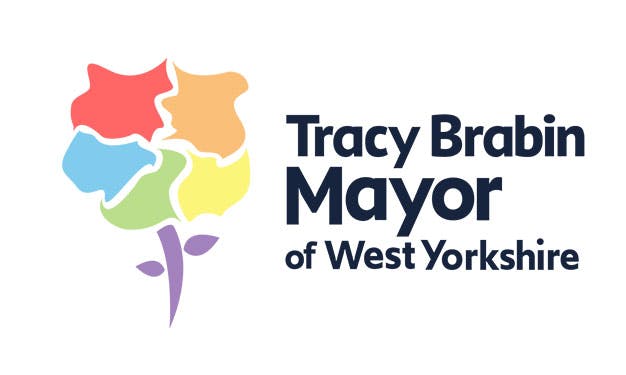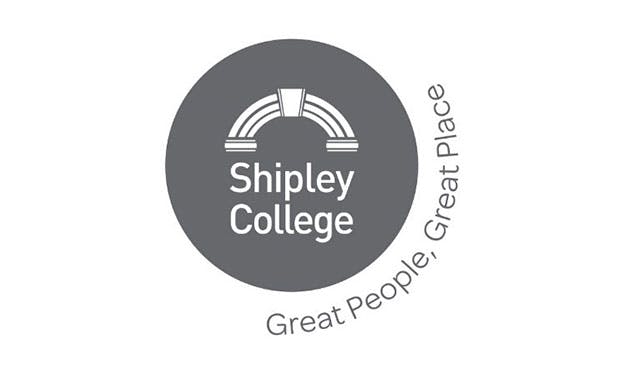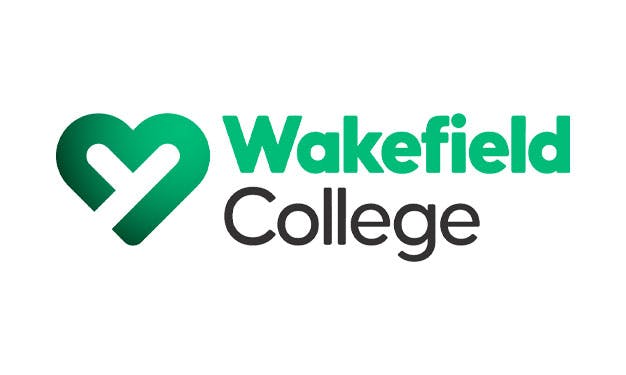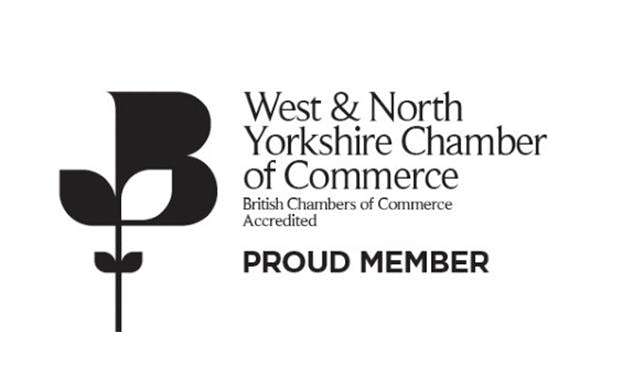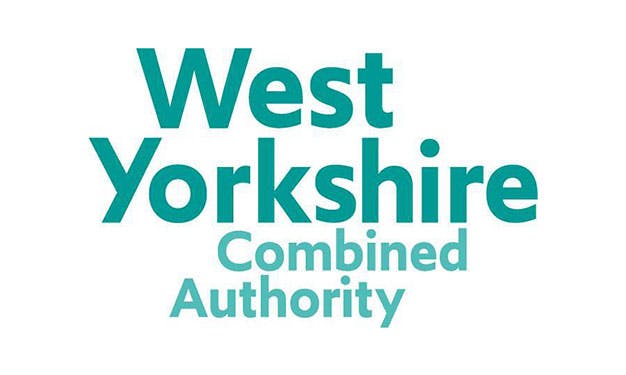Helpful resources from the West Yorkshire Skills Partnership and its members
Sustainability Through Skills - WYSP 2022 Conference
Friday 15 July 2022, Royal Armouries - BOOK
Agenda
8.30am
Arrival and registration with tea, coffee, pastries and fruit
9am
WYSP Chair Nav Chohan introduction and welcome
9.15am
Cllr James Lewis – Deputy Mayor and Chair of the Employment and Skills Committee plus video message from Mayor of West Yorkshire, Tracy Brabin. Q&A session. Slido.com #WYSP
9.45am
West Yorkshire Skills Partnership (part 1)
- West Yorkshire Consortium of Colleges - Joanne Patrickson
- Yorkshire Learning Providers - Alex Miles
10.15am - 10.30am - Refreshment break
10.30am
West Yorkshire Skills Partnership (part 2)
- Yorkshire Universities - Peter O'Brien, Tania Carlisle (St Luke’s Care) and University of Leeds student Natasha Swiers
- Q&A using Slido.com code #WYSP
Facilitator - Joanne Patrickson
Panel – Nav Chohan (WYSP/WYCC), Peter O’Brien, Alex Miles and Tania Carlisle
11.00am
Keynote speaker including Q&A – Explorer and sustainability champion, Lucy Shepherd
11.55am
Thank you and close
12pm-1pm
Vegetarian brunch and networking
Any leftover food will be redistributed to Fare Share Charity
Reports and research
Leeds City Region Enterprise Partnership - Local Skills Report 2021
Local Skills Reports set out each area’s unique skills landscape in terms of skills needs and the skills-related activities that are being undertaken, as well as how local partners can support local skills plans.
Skills for jobs white paper: lifelong learning for opportunity and growth 2021
White paper that sets out reforms to post-16 technical education and training to support people to develop the skills needed to get good jobs and improve national productivity.
The College of the Future October 2020
The UK-wide final report from the Independent Commission on the College of the Future
Leeds City Region Business Survey 2019
The survey provides a snapshot view of business confidence, investment experiences and intentions in Leeds City Region.
Leeds Inclusive Growth Strategy 2018-23
The Leeds Inclusive Growth Strategy sets out how Leeds City Council, the private sector, universities, colleges and schools, the third sector and social enterprises in the city will work together to grow the Leeds economy ensuring that everyone in the city contributes to, and benefits from, growth.
Conference presentations
Leeds City Region Skills Network Conference 2020 - The Power of Communication
Friday 3 July, 2020 Virtual Event hosted on Whova. View all presentations on Youtube using the links below:
Welcome to the conference - Nav Chohan - Chair of the Leeds City Region Skills Network
Regional Speakers - Roger Marsh, OBE, DL - Chair of the Leeds City Region Enterprise Partnership and the NP11, Cllr Susan Hinchcliffe - Chair of the West Yorkshire Combined Authority and Leader of Bradford Council. Rashik Parmar MBE - Chair of The Employment and Skills Panel , IBM Fellow and Vice President Technology - Europe
West Yorkshire Consortium of Colleges update
West Yorkshire Consortium of Colleges Q&A session
Keynote speaker, Jim Lawless presentation can be requested only by those who registered for the event by emailing marketing@westyorkshirecolleges.ac.uk
This conference was managed by the West Yorkshire Consortium of Colleges and funded by the European Social Fund. The virtual conference platform provided WYCC to host an event both in line with its commitment to sustainability and to make the content accessible to a wider audience than ever before.
Leeds City Region Skills Network Conference 2021 - Skills for West Yorkshire
Thursday 1 July, 2021 online event. View all presentations on YouTube using the link below:
Leeds City Region Skills Network conference 2021 - Skills for West Yorkshire
Session 1 - Regional Priorities and Objectives
Tracy Brabin – Mayor of West Yorkshire, Sir Roger Marsh OBE DL - Leeds City Region Enterprise Partnership (LEP), Rashik Parmar MBE – Leeds City Region Enterprise Partnership (LEP) and IBM
Q&A with: Sir Roger Marsh OBE DL and Rashik Parmar MBE, chaired by Nav Chohan
Session 2 - West Yorkshire Skills Partnership (formerly Leeds City Region Skills Network)
Professor Shirley Congdon - Yorkshire Universities, Louise Tearle, Brydie Lund, Bryony Cooper – West Yorkshire Consortium of Colleges, Alex Miles - West Yorkshire Learning Providers
Q&A with: Professor Shirley Congdon, Louise Tearle, Joanne Patrickson (Project Director WYCC) and Alex Miles, chaired by Nav Chohan
Session 3 - Skills For The Future
Professor Andy Gouldson - Yorkshire and Humber Climate Commission, Mandy Ridyard - Space Hub Yorkshire
Q&A with: Mandy Ridyard, chaired by Nav Chohan
The conference was managed by the West Yorkshire Consortium of Colleges and funded by the European Social Fund through the Let's Talk Real Skills project.
Equality, Diversity and Inclusion Useful contacts and resources
The following organisations operate within the equality, diversity and inclusion sector in the EU and UK:
Equality and Human Rights Commission (EHRC)
The Equality and Human Rights Commission is a statutory body established under the Equality Act 2006, which took over the responsibilities of Commission for Racial Equality, Disability Rights Commission and Equal Opportunities Commission. It is the independent advocate for equality and human rights in Britain. It aims to reduce inequality, eliminate discrimination, strengthen good relations between people, and promote and protect human rights. The Commission enforces equality legislation on age, disability, gender reassignment, marriage and civil partnership, pregnancy and maternity, race, religion or belief, sex, sexual orientation, and encourages compliance with the Human Rights Act. It also gives advice and guidance to businesses, the voluntary and public sectors, and to individuals.
Equality and Diversity Forum (EDF)
The Equality and Diversity Forum is a national network of equality and human rights organisations. This website brings together a wide range of equality and human rights information and resources provided by EDF and other organisations.
Founded in 1968, Runnymede is the UK’s leading independent race equality think tank. It generates intelligence for a multi-ethnic Britain through research, network building, leading debate, and policy engagement.
Established in May 2011, Inclusive Employers is the UK's first and leading membership organisation for employers looking to build inclusive workplaces. They offer consultancy, training and thought leadership, to help you make inclusion an everyday reality at places of work.
The Social Mobility Foundation (SMF) is a charity which aims to make a practical improvement in social mobility for young people from low-income backgrounds. The SMF was founded in 2005 by Linkson Jack (who served as Chief Executive until January 2009) in order to provide opportunities and networks of support for 16-17 year olds who are unable to get them from their schools or families.
CIPD has a range of fact sheets exploring what diversity and inclusion means in the workplace, and how an effective strategy can support an organisation’s business objectives.
The fact sheets look at the rationale for action, and outline the steps organisations can take to implement and manage a successful diversity and inclusion strategy, from communication and training to addressing workplace behaviour and evaluating progress.
Sustainable Development Useful contacts and resources
The following organisations, associations and professional bodies operate within environmental and sustainability issues in the UK:
Body aimed at developing practical guidance and tools for embedding sustainability into decision-making and reporting processes. The website provides a how to guide on connected reporting and examples of published reports.
Membership organisation for companies ‘who have an interest and commitment to improving their overall performance in key Corporate Social Responsibility (CSR) areas’. Resources include research reports and case studies.
An organisation supporting businesses and the public sector to cut carbon emissions, save energy and commercialise low carbon technologies. The website gives information on climate change legislation, emerging technologies and guides.
A professional network connecting companies to share corporate social responsibility best practice and projects. The website offers a toolbox of ideas and advice to help organisations implement CSR.
A charitable organisation promoting ethical standards in management and industry. The website offers briefings on good practice guidance and an annual survey on UK attitudes to business ethics.
ETL is a government list of nearly 17,000 energy saving products, is designed to encourage businesses to invest in energy saving plant or machinery. Businesses that purchase products listed on the ETL can claim a 100% Enhanced Capital Allowance (tax relief) in the first year.
Government subsidies such as Feed in Tariffs and Renewable Heat Incentives are available to SMEs who install the relevant renewable technologies. These subsidises help to lower the payback periods for investment in the technology. In addition an SME can help finance an installation through an agreement with the installer/manufacturer of the technology - the installer claims the subsidy, not the SME, and this is used to help pay for the installation.
Useful websites for business news and labour marketing intelligence
Institute Public Policy Research (IPPR North)


